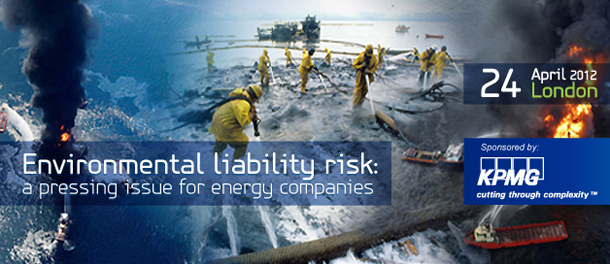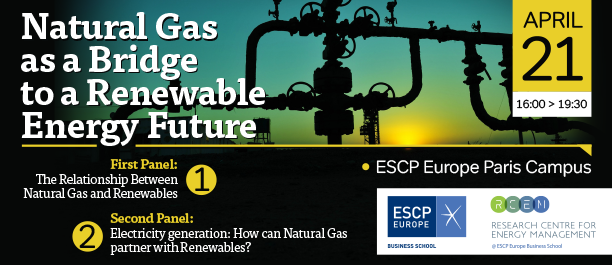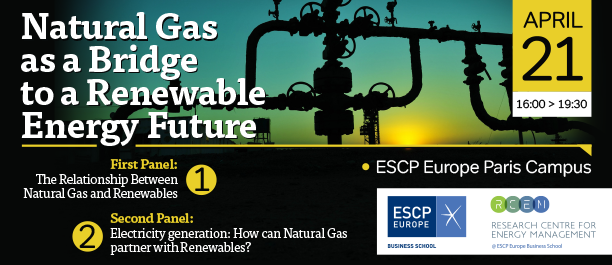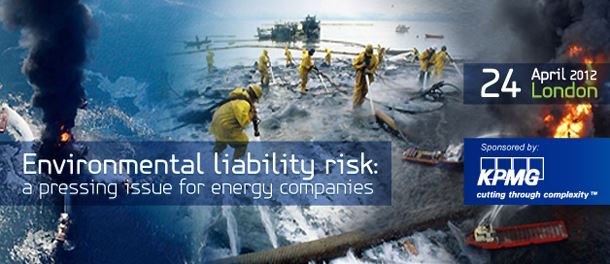Environmental liability risk: a pressing issue for energy companies
The Conference took place in London on 24 April, 2012, at the historical and prestigious Institute of Directors, 116 Pall Mall, London. The meeting provided a forum for researchers and practitioners to exchange ideas and present new research results on this pressing issue for energy companies.
Considering the increased complexity of energy projects as companies are entering a new technological era marking the end of "easy oil", there is a growing concern about the real preparedness of companies to deal with the new risks they are facing. The potential severity of those risks due to the important damages caused to the environment and their possible impact on populations explain this apprehension. Furthermore, the mis-handling of recent catastrophes by large energy companies - as well as the largely unpublicised leaks - have cast serious doubts as to their ability to prevent severe accidents from occurring and if they do to limit their development.
Though most energy companies have now put in place a risk management organisation and a rigorous risk control system to comply with new laws and regulations, the lessons drawn from the recent past indicate that it did not result in much improved safety performance. In fact compliance is not enough; it does not guarantee that risks are effectively under control. Hence environmental risk and liability remains today a pressing issue for energy companies as well as policy makers, this seminar aims at providing an insight into some of its important dimensions. Among other question we have identified the following:
1) Accounting for "contingent environmental liability"
Energy companies are exposed to the risk of severe potential losses due to cleanup costs and compensations to be paid to the many victims - all the more if liability caps are removed - These "high impact low probability events" may indeed affect seriously the financial structure of companies. Yet it is not clearly reflected in their balance sheet. Should it be? And, if yes, how?
2) Environmental liability: an issue for insurers
In the past, insurers have contributed to the emergence of new technologies and economic development by providing economic agents not only with indispensable financial guaranties in case of adverse events but also by promoting prevention and safe behaviours. With no doubt, they will have a say in this debate: what are the limits of insurability? How to deal with "moral hazard"? how to price environmental risks?
3) Public-Private joint Energy developments: governments should also be prepared to handle the risk
Most of energy projects are developed in order to enhance economic growth and provide nations with a reasonable level of energy security and/or take advantage of local energy resources. This explains the high degree of involvement of public authorities in energy projects developed and operated by private entities. Are public authorities taking the full measure of the environmental risks involved? Are they prepared to take charge of their own share of the responsibility and to deploy appropriate means to limit the severity of the catastrophe if needed? Recent examples seem to indicate that this is not the case.
4) Environmental risk: an urgent need for new safety regulations and standards in the energy industry
Considering the serious threat to the environment due to the introduction of "frontier technologies" in difficult conditions, there is an urgent need for well designed safety regulations, setting standards on a "case by case" basis, with a coordinated approach.Due to the large geographical scope of major risks, there is also an obvious need for international, or at least regional, cooperation. What is the situation today? Who should be in charge?















































































































































 Facebook
Facebook Linkedin
Linkedin Instagram
Instagram Youtube
Youtube EMC Newsletter
EMC Newsletter







